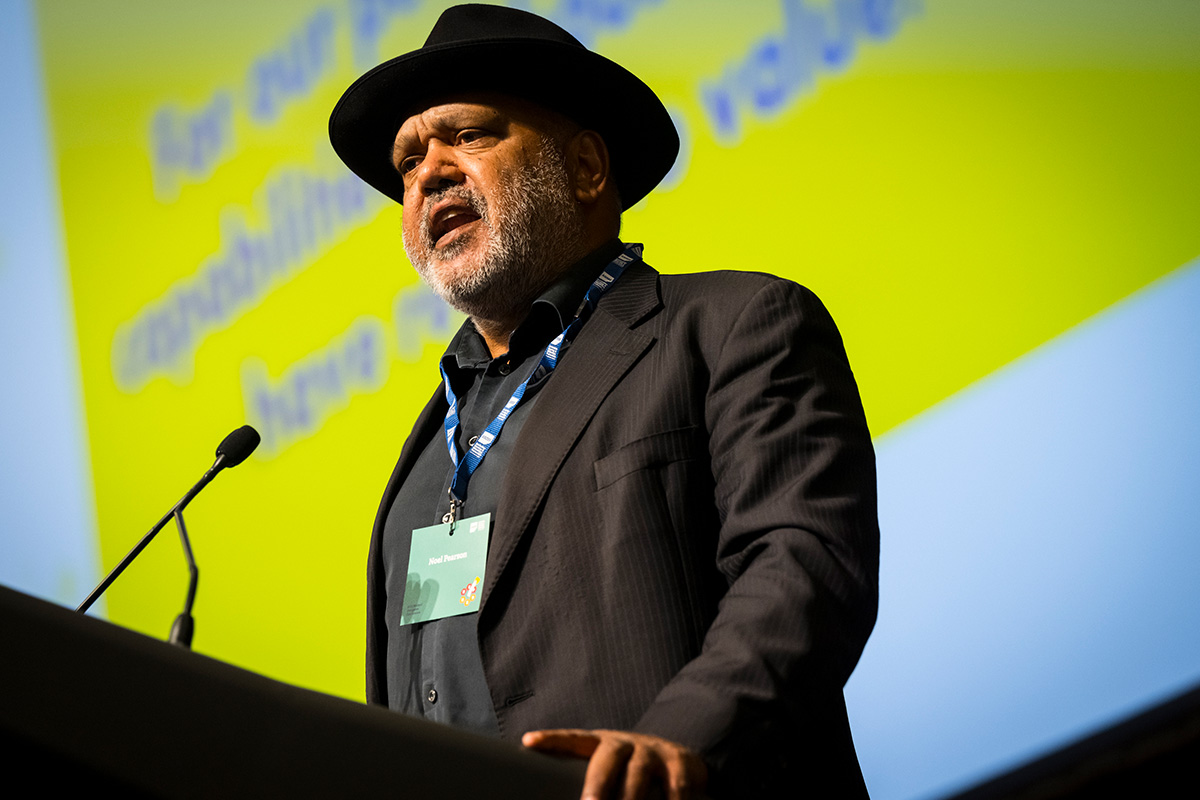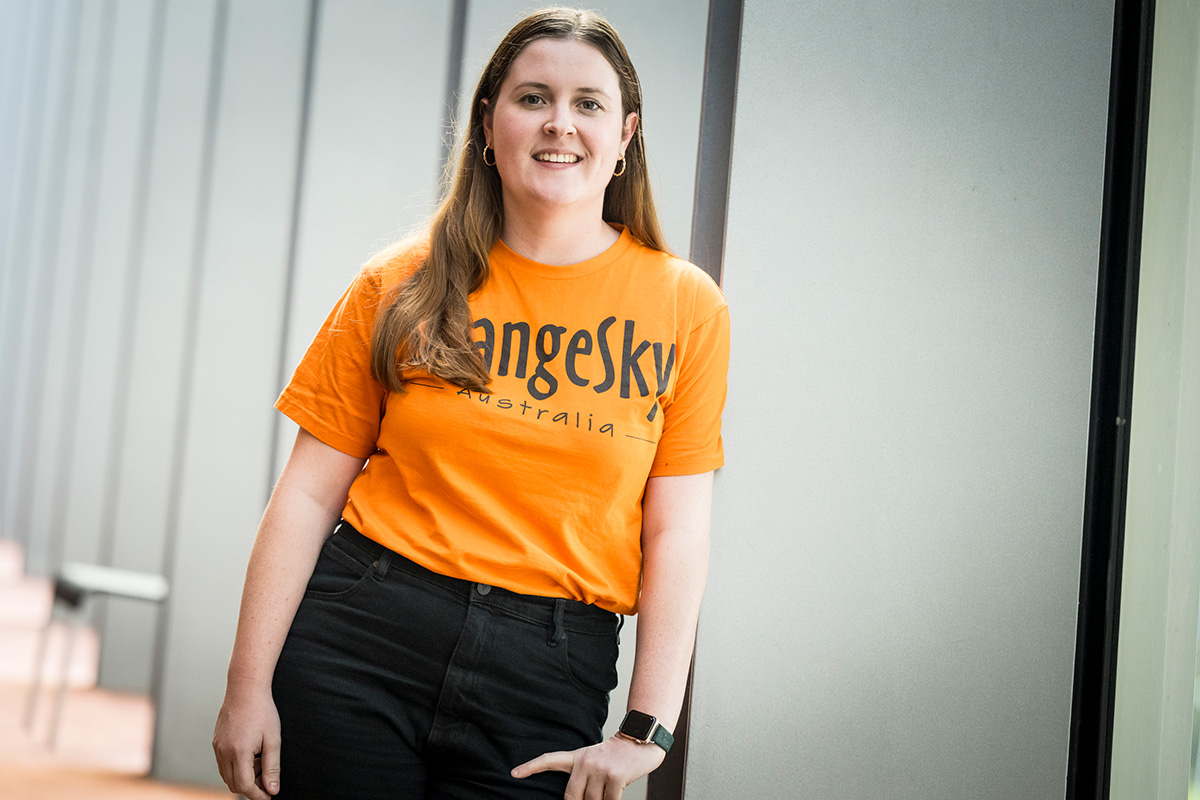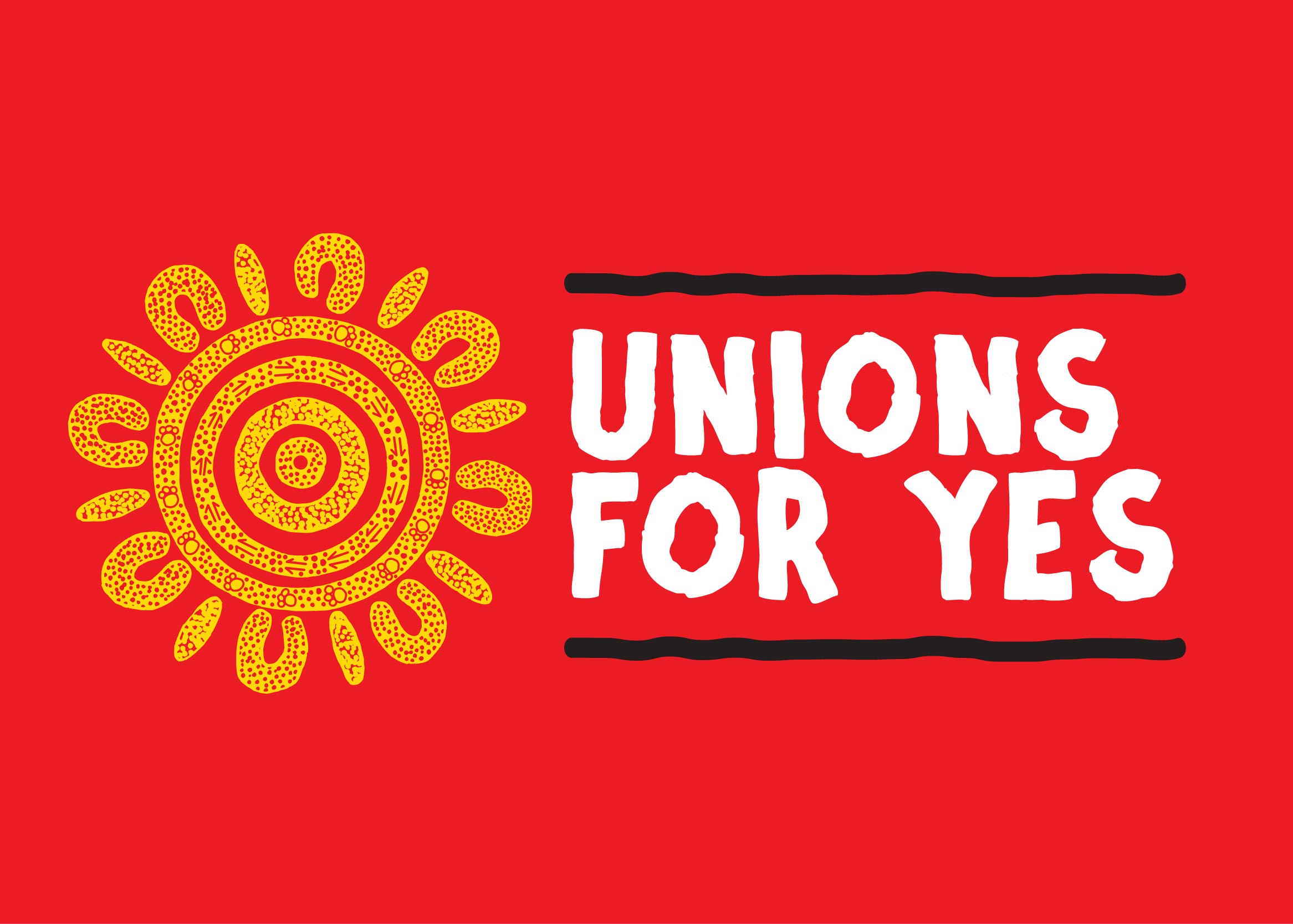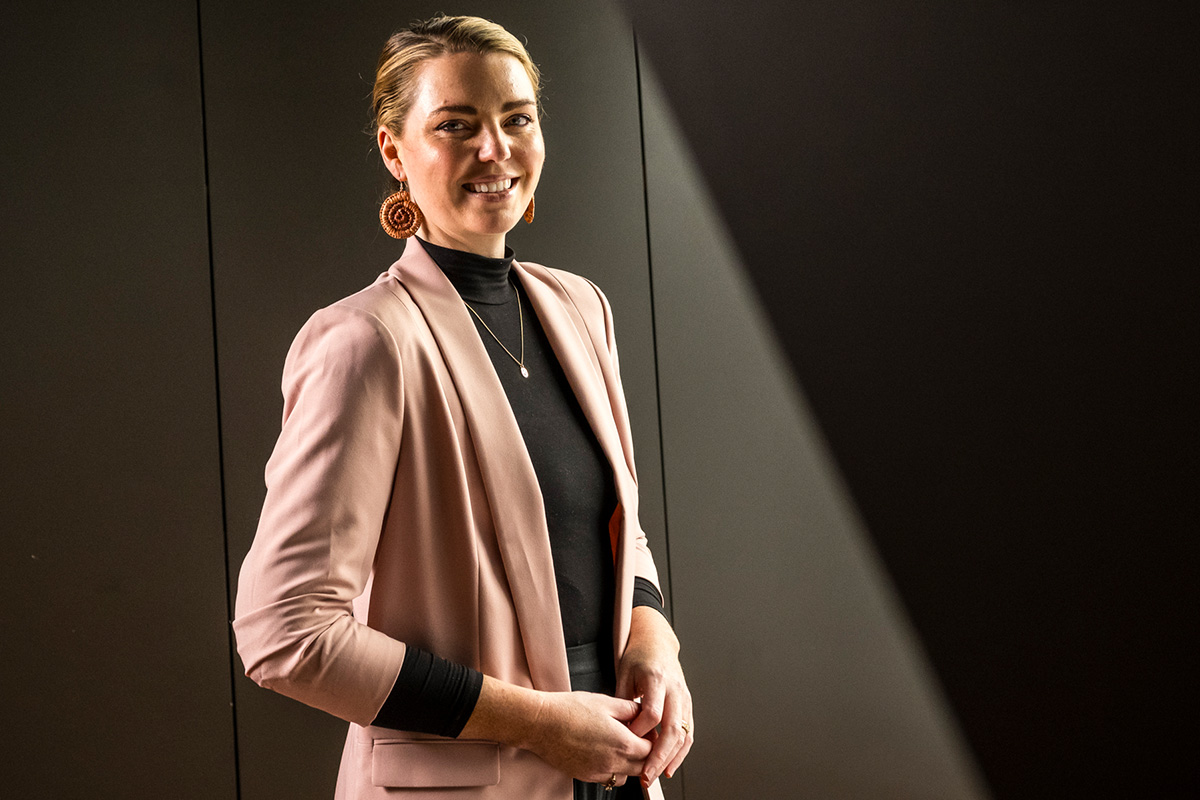
Dr Amy Thunig. Photo: Christopher Hopkins
‘Our time is a limited resource,’ Dr Amy Thunig told reps at the 2023 ANMF (Vic Branch) delegates conference in an entertaining speech that called on nurses, midwives and carers to set boundaries, find (or indulge) a hobby, say yes to yourselves and recognise that your worth is far more than just your work, that ‘you have value just as you are’.
Amy is a Gomeroi academic, author, parent and partner whose first book, Tell Me Again: a Memoir, was shortlisted for the 2023 Victorian Premier’s Literature Awards, and the 2023 Australian Book Industry Awards.
Her speech drew on her professional research and her own life experiences to drive home its key message: that it is our right to rest, and that rest – including fun and play – is a deeply important part of being human and it should be part of your regular routine and practice. ‘It should be treated as sacred.’
Amy learned the importance of rest the hard way: by not having any, for years and years and years. In Tell Me Again she writes of childhood and intergenerational trauma, of growing up surrounded by addiction, poverty, systemic discrimination and violence. She ended up homeless as a teen.
As a result, in adulthood she willingly took on a punishing workload and justified it by saying: ‘this is fine, because I’m being so productive.’ Or ‘I’m not doing it because I’m addicted to work; I’m doing it because the alternative is to risk homelessness.’ Or: ‘eventually I’ll have met enough goals and targets that I can slow down.
‘It was okay that I was a single parent, and working full time, and studying full time, and writing a book,’ she said, ‘because the time would come when I could slow down, when I could stop.’
Over-worked and under-valued
This kind of thinking can often be found among workers in female-dominated workforces such as nursing, midwifery and caring, she said.
‘Nursing, caring and midwifery roles are often treated as being held for people who are caring, who are loving, who are community-focused and passionate, altruistic. And while such traits are valuable and complementary to these positions, such an emphasis often acts nefariously as a way to pressure you to over-work and undervalue your own time, energy and expertise.’
These are roles, she emphasised, that require you to be highly qualified, to gain numerous diplomas or degrees, often at substantial financial cost, but society expects our passion for our communities and our love of caring and supporting those around us will be reward enough.
‘This is used to justify lower pay and challenging working conditions,’ she said. ‘It is cruel to tell a person that their role is valued, to acknowledge – even if reluctantly, as we saw during the pandemic, that it is actually critical – but then to chastise the workers about their need and right for appropriate remuneration and time to rest.’
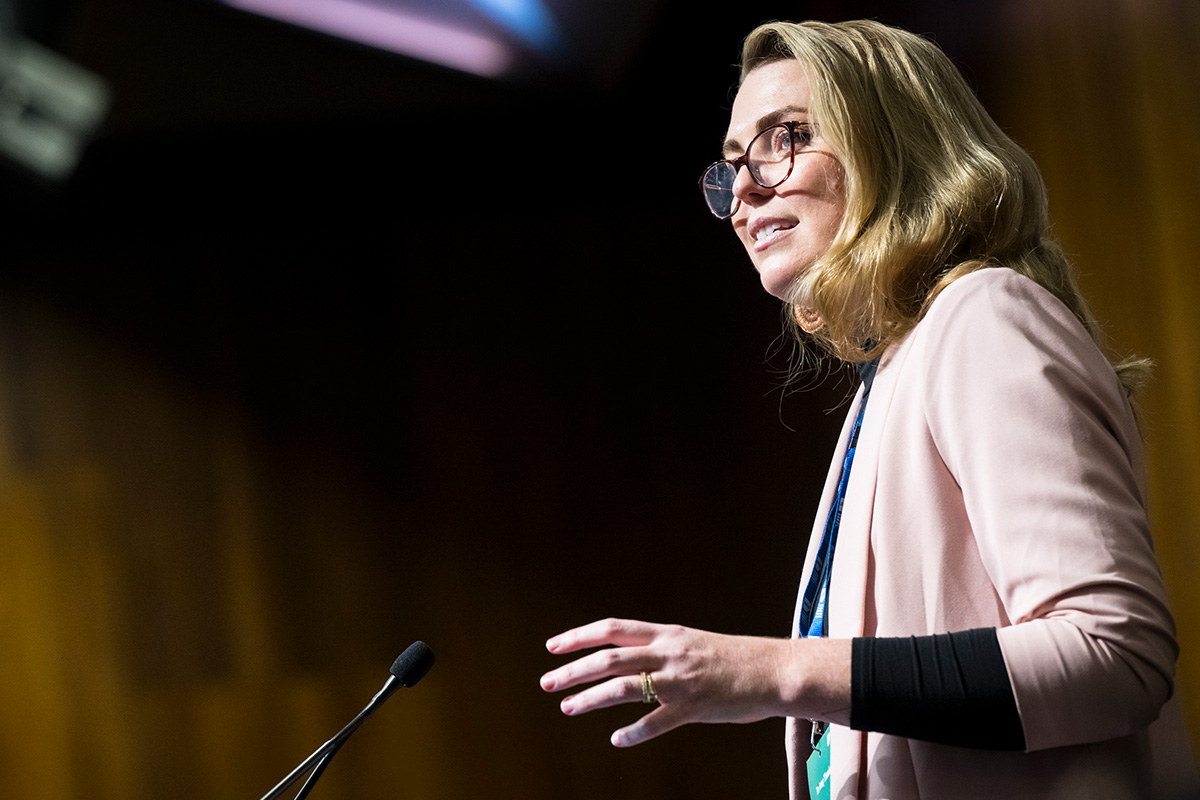
Dr Amy Thunig. Photo: Christopher Hopkins
Say yes to yourself
In 2022, Amy reached a level of tired that she never been before – thanks to all the times that she said yes when she actually wanted to say no; to taking work calls and responding to work emails at all hours. ‘My boundaries washed away into chaos and over-work,’ she admitted.
Eventually, she was warned that the day would come when she would fall down and wouldn’t be able to get back up again. So, following publication of her book, she did stop. After four years of having no leave, she took four months, during which her mother died.
‘And it was in that moment, with my sisters as my mum passed, that it really hit me: we’re never going to get more time in this place. We’re never going to get more time with our people. Our time is a limited resource. And I have the right to rest,’ she said. ‘As do every single one of you.’
To be able to rest, she said, we need to ‘sharpen our no’, and at the same time we need to get better at saying yes to ourselves. ‘How often do you say yes to yourself? Not because you exist in a family and community that need you. But a yes to you?’
Clarifying, she said that saying yes to yourself isn’t ‘about throwing out the work that we do. It’s about considering what can you do to make your position, your role more sustainable? And I’m putting forward the case that it involves making time for fun, and play, and rest.’
